Verrucae are one of the most googled foot complaints. They are a common condition suffered from by many, so naturally there are a number of old wives tales circulating the internet! The blog post aims to expel some of the myths around verruca!
What is a verruca?
A verruca is a non-cancerous tumor like substance formed due to a virus called the human papillomavirus (HPV). They are the same as a wart you might find on your hand, but we give them the name verruca when they are on the foot. They can occur anywhere on the foot, with the most common place being the sole of the foot. Being a viral infection, they are contagious, so precautions need to be taken to prevent spreading verrucae to others. If you aren’t sure if you have a verruca or a corn check out this blog.
Are they just something children get?
Anyone can get verruca, however it has been suggested that children and young adults have the highest incidence of verrucae with an estimate of 5-30% (Sterling et al (2014). People with severe immunosuppression can be more predisposed to large or persistent verrucae. If you scratch or pick a verruca, they can spread to other areas of your skin.
Do you get verruca because of a poor immune system?
We know that verrucae aren’t directly linked to poor immunity or feeling run down. The virus is very clever as it leaves a protein barrier around itself which acts as an invisibility cloak to your immune receptors. This means your body does not know you have this virus and therefore, doesn’t fight it. We know verruca can clear spontaneously without any treatment; however they can also be persistent for years. For some people they can be very painful or for others pain free. This is usually related to the verruca location and the subsequent callus build up.
Do you get verruca from swimming pools?
Given you need to have your foot exposed to catch the virus, swimming pools are naturally a place you are more likely to catch verrucae as you are barefoot and walking on shared surfaces. When you swim, your skin becomes wrinkly due to the water content. This plus any minor abrasions to the surface of the skin caused by walking on non-slip tiles lead to a higher chance of catching the virus. The virus is in fact found in all sorts of places, not just swimming pools. However you are more at risk due to the above. If you go swimming, its best to wear flip flops or pool shoes on the pool side even if you don’t have a verruca.
Should I wear a swimming sock?
You are only likely to spread the virus when walking on the pool side. Therefore, the British Swimming Association suggest that verruca socks should not be worn. It is much better to wear flip flops around the pool side. You are not required to wear anything on your foot whilst swimming.
What are those black dots?
Many people believe these are the “roots” of the verruca, or the virus itself. This is not the case. The black dots you see are often hemorrhages or bleeding from the tissue within the verruca. Sometimes these can cause the verruca to bleed temporarily. Depending on the depth of the verruca, you may or may not see the dots. Contrary to popular belief, you can’t see the virus (other than the lump is causes) and a verruca does not have roots which can be cut out!
So what treatment can I try?
Despite being a royal pain, verruca aren’t dangerous to us, and the advice is that if they aren’t painful, you should leave them alone and let them go on their own. However, some people want to treat them, especially if painful or annoying. So let’s look at some of the home treatments you may choose to try at home and expel some myths around them!
Duct Tape
Duct tape is not a medical product. It is not designed for skin but for DIY, therefore it SHOULD NOT be used on the skin. However, the principle behind this method could be of benefit if you use medical tape such as zinc oxide tape. When you get a verruca, you may build up dry skin which hardens and turns into a hard painful lump. If you cover the area daily, 24/7 with a small square of zinc oxide tape, this will trap the water within the cells. This can soften the lump making the verruca less painful. There is no evidence this treats the virus, but it definitely helps with painful hard lumps.
Picking out the black dots
As the black dots are not roots, or causing the spread of the verruca, picking these will not speed up the resolution of the verruca, and in fact is more likely to spread the verruca!
Apple Cider Vinegar, Vicks rub, Tea tree oil, banana peel
There is no clinical evidence to suggest any of these treatments will help treat your verruca, in fact in the case of tea tree oil, we know this can in fact cause bad skin reactions and as such should be avoided.
Cut them out
Verrucae can be surgically removed by a surgeon in a hospital environment, under anesthetic. This surgery as with all surgeries comes with risks including infection. Surgery can also create scar tissue, which can be particularly troublesome on the sole of the foot and can lead to further issues such as callouses and corns.
In Summary
As you can see from this list, most of the home remedies raved about on the internet, have zero scientific research into their effectiveness. In fact, many are just a placebo!
There are many treatments which are scientifically researched which include swift microwave treatment. If you have a verruca and want to have treatment, contact us for more information today.
I hope this helps



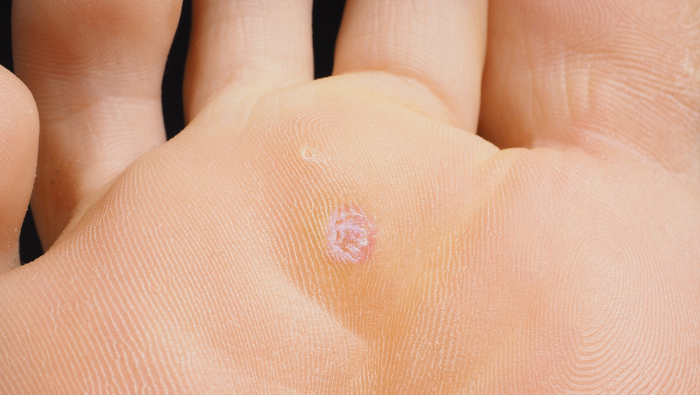
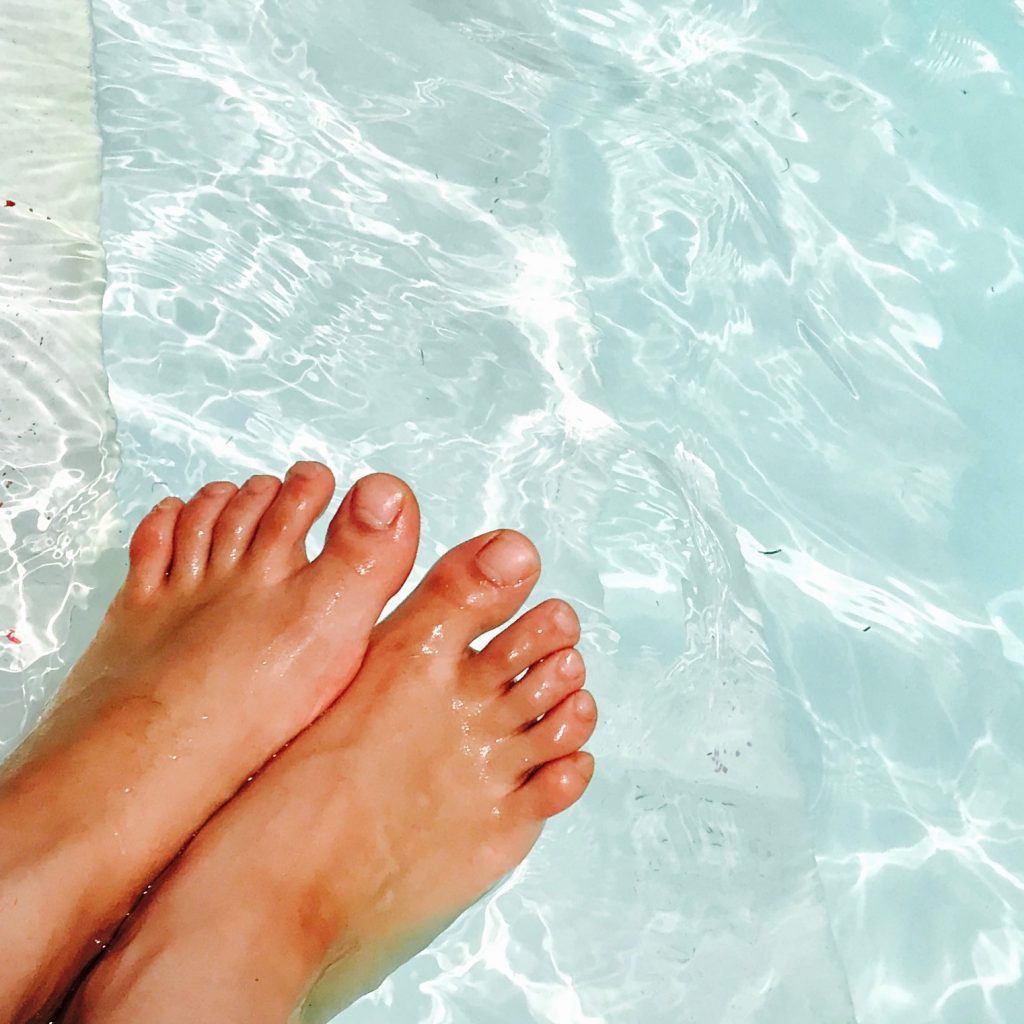
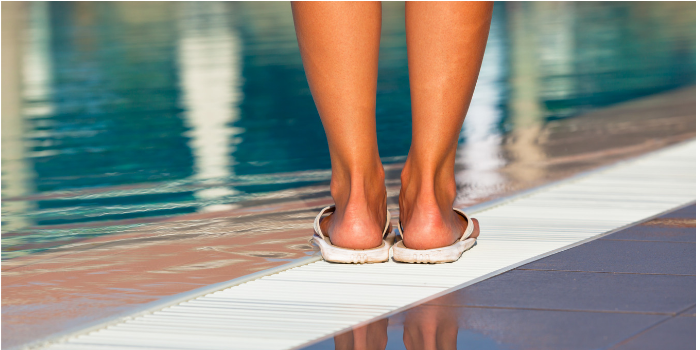
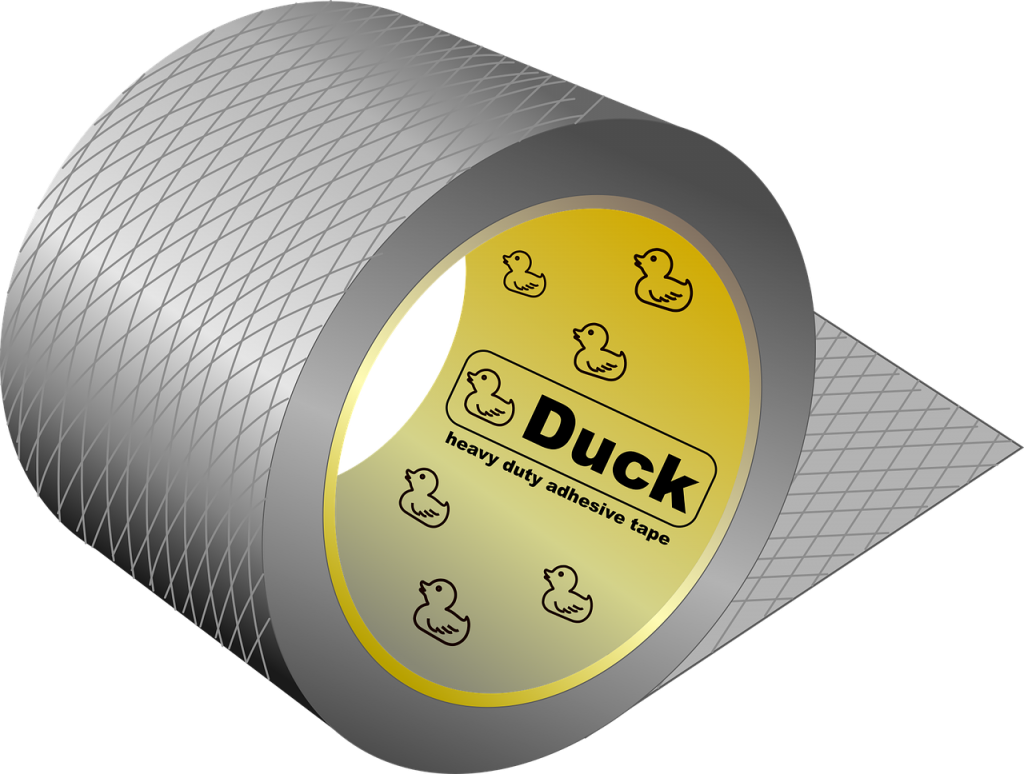
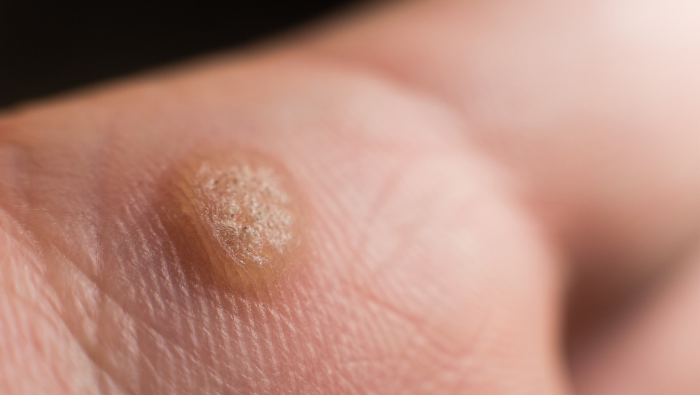

Excellent , very informative , thank you